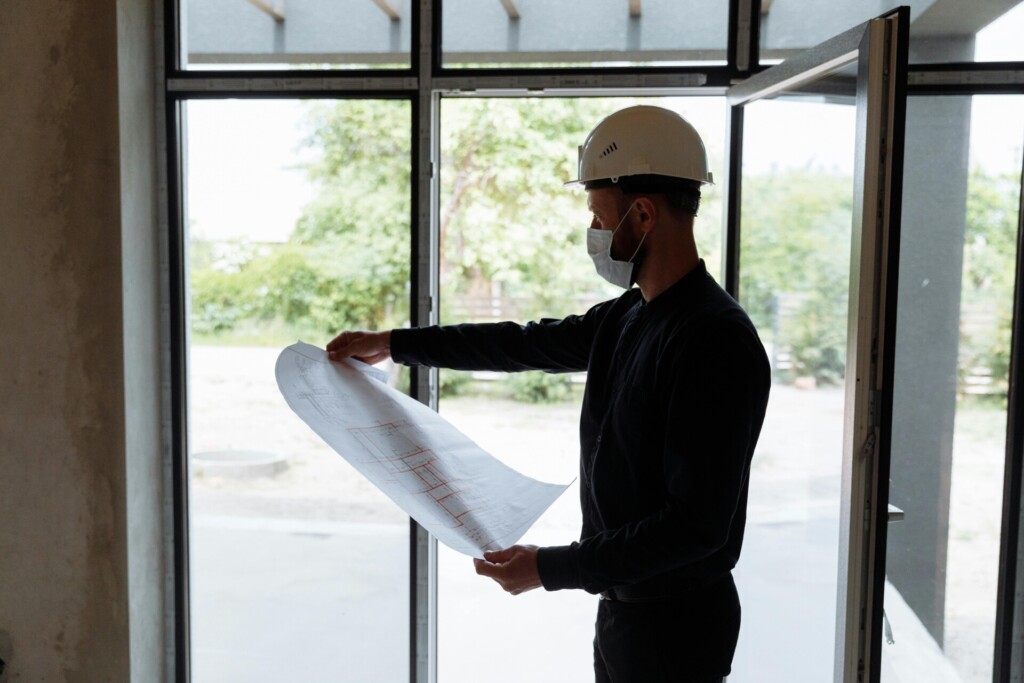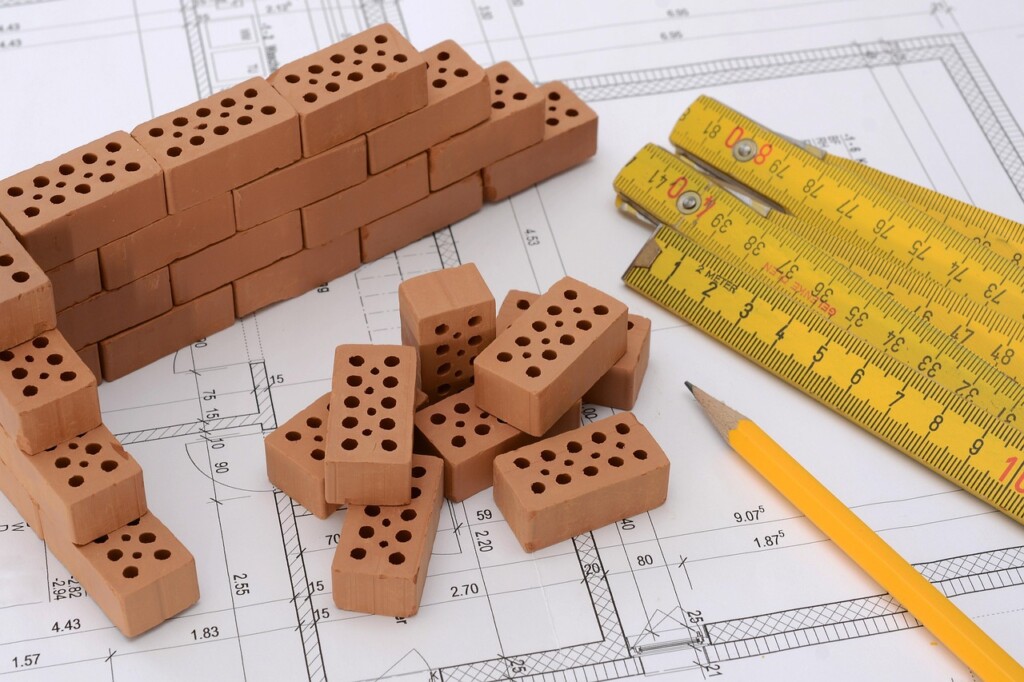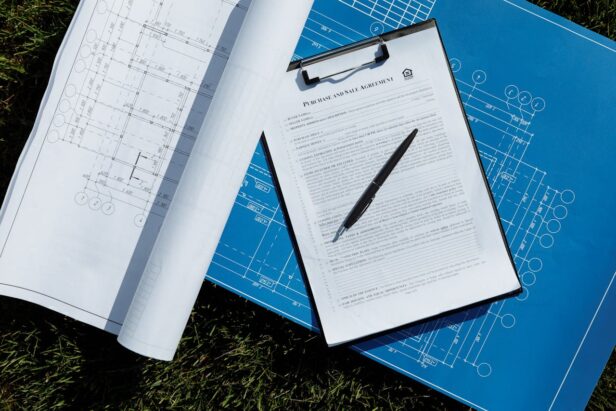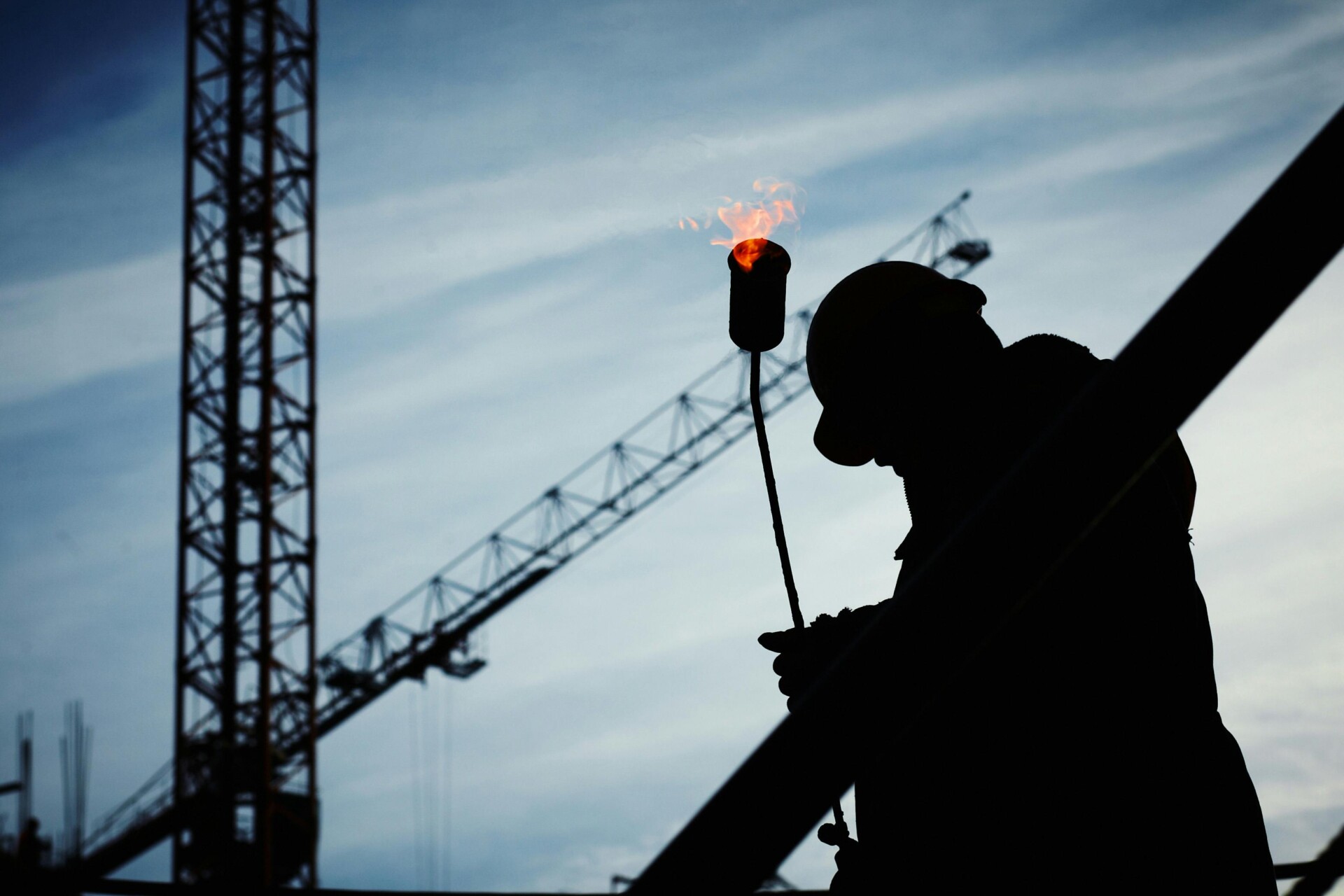Standard commercial permit reviews in Dallas can stretch weeks or months, leaving developers waiting while construction costs climb. The City of Dallas Development Services Department processes thousands of commercial permits annually, each requiring coordination across multiple review disciplines and compliance checkpoints.
Commercial permit expediting in Dallas accelerates this timeline by managing documentation, submissions, and follow-up coordination with city officials. We work directly with Authorities Having Jurisdiction to ensure applications meet local building codes and zoning requirements from the first submission, reducing the revision cycles that typically extend approval timelines.
How Does A Dallas Commercial Permit Expediter Support Your Project?

A permit expediter serves as your dedicated representative throughout the Dallas permitting process. We assess project plans to determine exactly which permits your scope requires and verify that drawings meet current building codes. Our team prepares complete application packages, gathering all necessary documents to prevent delays during city review.
Our workflow starts with a comprehensive review of existing project materials. We identify missing documentation, drawings, or technical details that could trigger plan review comments. When gaps exist, we coordinate with design teams to address deficiencies before submission to the City of Dallas.
Application Preparation And Documentation
We handle the complete application preparation process from initial document collection through final submission. Our team ensures all required forms are completed accurately and supporting documents meet city formatting requirements. This includes coordinating with engineers and architects to obtain properly sealed drawings when structural work is involved.
Document preparation covers construction plans, site surveys, contractor licenses, and project-specific checklists. We verify that mechanical, electrical, and plumbing plans align with building requirements. For projects involving specialized systems, we coordinate with trade contractors to ensure their documentation supports the overall permit application.
City Submittal And Tracking
We manage all city submittals through the appropriate channels, whether through Dallas’s online portal or in-person delivery to the permit office. Our team tracks applications through each review stage and maintains communication with city staff to address questions promptly. This active monitoring helps identify potential issues before they become delays.
Throughout the review process, we coordinate responses to plan review comments. When city reviewers request revisions or additional information, we work with project teams to provide accurate responses quickly. Our established relationships with Dallas building officials help facilitate clear communication and efficient resolution of technical questions.
Due Diligence And Code Compliance
We conduct thorough due diligence before every submission to minimize revision cycles. This includes reviewing zoning compliance, building code requirements, and coordination with Authorities Having Jurisdiction (AHJs). Our team stays current with Dallas building regulations and applies this knowledge to prevent common compliance issues.
Code compliance verification covers structural requirements, fire safety systems, accessibility standards, and energy efficiency measures. We also coordinate with specialized consultants when projects involve complex systems or unique building types. This proactive approach reduces the likelihood of plan review comments that extend approval timelines.
Which Dallas Permit Submission And Review Paths Should You Know?
Dallas offers multiple submission and review pathways designed to match project complexity and timeline needs. The city structures these options to prevent unnecessary delays while maintaining proper oversight for construction activities. Understanding each pathway helps us select the most efficient route for specific project requirements.
Standard Review Options
Standard Reviews operate through two primary channels. In-person submissions occur at the Oak Cliff Municipal Center, where we can coordinate directly with city staff for complex projects requiring detailed discussion.
Online submissions through ProjectDox provide efficient digital processing for most commercial applications. The Electronic Plan Review System allows multiple departments to review the same plans simultaneously, reducing overall processing time compared to sequential reviews. As of May 2024, all commercial applications must be submitted online.
Expedited Q-Team Reviews
Q-Team expedited reviews provide premium service for projects requiring accelerated approval timelines. This program assigns dedicated subject matter experts from various departments who meet directly with project teams to resolve issues quickly.
The service charges $1,000 per hour with maximum fees based on building square footage. Q-Team reviews typically complete within 10 business days of resubmittal, significantly faster than standard processing times. We coordinate Q-Team sessions when project schedules demand rapid permit approval.
Specialized Review Types
Over-the-Counter (OTC) reviews handle smaller, straightforward projects that meet specific criteria. These reviews can be completed during a single visit to the municipal center, making them ideal for minor modifications or simple installations.
3rd-party reviews utilize qualified external reviewers for certain project types. This option can reduce city review backlogs while maintaining code compliance standards through certified professionals.
Right-of-Way Permits
Right-of-Way (ROW) permits address work within public easements and corridors. Small cell permits and service pole attachments commonly require ROW coordination in addition to building permits. These installations must comply with both structural requirements and public right-of-way regulations.
Telecom projects involving cellular equipment often trigger ROW permit requirements. We coordinate ROW applications alongside building permits to prevent delays in installation scheduling.
Concurrent Zoning Review
All permits undergo concurrent zoning review to verify compliance with district regulations. This process occurs automatically when no use-change is requested, ensuring projects meet land-use provisions without separate zoning applications.
In Texas, zoning authority rests with cities rather than counties. This municipal control allows Dallas to maintain consistent development standards within city limits. We verify zoning compliance early in our planning process to avoid delays during permit review.
Site Plan Review Requirements
Site Plan Reviews (SPR) may apply depending on project scope and zoning district requirements. These reviews examine site layout, parking, landscaping, drainage, and infrastructure compliance with city standards.
SPR requirements vary by project type and location. We assess SPR needs during initial project evaluation to incorporate appropriate timelines and documentation into our permit strategy.
County Regulations In Unincorporated Areas
Projects in unincorporated Dallas County areas fall under county regulations rather than city oversight. County requirements cover floodplain compliance, property subdivisions, outdoor business operations, communication facility structures, and both residential and commercial buildings.
We coordinate with Dallas County offices when projects fall outside city jurisdiction to ensure proper regulatory compliance through the appropriate authority.
Texas Asbestos Compliance
Texas enforces strict asbestos regulations under Chapter 296 of the Texas Administrative Code. These requirements apply to renovation and demolition activities in buildings constructed before specific dates when asbestos-containing materials were commonly used.
Asbestos compliance involves notification requirements, licensed contractor usage, and proper disposal procedures. We incorporate asbestos assessment and compliance planning into projects where these regulations apply, ensuring all Texas Administrative Code requirements are met before beginning construction activities.
What Commercial Project Types Commonly Use Permit Expediting In Dallas?

Certain commercial construction sectors rely heavily on permit expediting to maintain project schedules and avoid costly delays. These businesses typically face complex regulatory requirements that benefit from experienced navigation through Dallas’s permitting system.
High-Traffic Commercial Sectors
Retail developments frequently require expedited permits due to their tight opening schedules and seasonal business pressures. Hospitality projects, including hotels and entertainment venues, face extensive fire safety and accessibility requirements that can create review delays without proper coordination. Restaurant permits involve multiple departments including health services, fire protection, and building inspection, making expedited processing valuable for time-sensitive buildouts.
Warehouse and distribution facilities often span large square footage with specialized fire suppression systems, loading dock configurations, and structural requirements. These projects benefit from expedited review because of their scale and the coordination required between multiple reviewing departments. Racking permit requirements for storage systems add another layer of complexity that experienced expediters handle efficiently.
Specialized Infrastructure Projects
Telecom installations present unique challenges in Dallas’s urban environment. Small cell deployments require careful coordination with Right-of-Way permits for pole attachments and service installations. These projects often face strict timeline requirements from wireless carriers, making expedited processing essential for meeting deployment schedules.
Solar installations have grown significantly across Dallas commercial properties. These projects require electrical permits, structural reviews for roof mounting systems, and utility interconnection coordination. Office renovations commonly need multiple trade permits including electrical upgrades, HVAC modifications, and accessibility improvements to meet current code requirements.
Trade-Specific Permit Categories
Building permits form the foundation for most commercial projects, covering structural modifications and new construction work. Roofing permits become necessary for replacement or major repair projects, particularly on large commercial buildings where structural loading calculations are required.
Signage permits regulate exterior displays and require review for size, location, and illumination compliance. Electrical permits cover power distribution upgrades, lighting systems, and emergency power installations common in commercial facilities.
Understanding which permits your project requires helps us prepare complete applications from the start. We coordinate with the appropriate city departments based on project scope to ensure all necessary approvals are secured efficiently. This approach reduces revision cycles and keeps construction schedules on track.
What Steps And Contacts Help You Move A Dallas Permit Faster?
Success in Dallas permitting comes from preparation and complete submissions. We gather all required documentation upfront, prepare thorough applications, and maintain communication with city staff throughout the process.
The essential workflow includes six core steps. First, we collect architectural plans, contractor licenses, and project specifications. Second, we prepare comprehensive applications through the Dallas permit portal or for in-person submission. Third, we submit via ProjectDox for online tracking or deliver directly to the City of Dallas Permit Office. Fourth, we respond promptly to review comments to maintain momentum. Fifth, we pay all permit fees when invoiced. Sixth, we post the approved permit onsite before construction begins.
Managing Review Timelines And Compliance Requirements
Dallas permit reviews typically require several weeks for completion, with potential revision cycles extending the timeline. We build buffer time into project schedules to accommodate these review periods and possible change requests from city staff.
Zoning compliance verification prevents delays during the review process. All permit applications undergo concurrent zoning review to ensure code compliance when no use changes are requested. We coordinate with city zoning staff early to identify potential issues before submission.
Site Plan Reviews may apply depending on project scope and location. These reviews examine development impacts and require additional documentation and coordination time. We assess SPR requirements during our initial project evaluation to incorporate appropriate timeline adjustments.
Addressing Texas Asbestos And Right-Of-Way Requirements
Texas enforces strict asbestos regulations under Chapter 296 of the Texas Administrative Code. We verify compliance requirements for renovation and demolition projects that may disturb existing building materials. These regulations can significantly impact project timelines if not addressed during planning phases.
Telecom projects involving small cell installations or service pole attachments require Right-of-Way permits in addition to standard building permits. We coordinate ROW permit applications with the appropriate city departments to ensure all necessary approvals are secured before construction begins.
Conclusion And Next Steps

Commercial permit expediting in Dallas combines precision with practical coordination across multiple review paths and AHJs. Success hinges on early scope definition, complete document assembly, and proactive verification of zoning compliance and asbestos requirements under Texas Administrative Code Chapter 296. Whether submitting through ProjectDox online or handling in-person submissions at 320 E. Jefferson Blvd., the foundation remains consistent preparation and systematic follow-through.
We recommend partnering with an experienced expediter who understands the nuances of Dallas permit processes, from Q-Team expedited reviews to ROW permits for telecom installations. At EB3 Construction, we manage the entire workflow from due diligence through final approval, maintaining direct communication with city departments and tracking applications to keep projects moving forward.
Ready to streamline your Dallas commercial permit process? Contact EB3 to discuss your project requirements and timeline.




